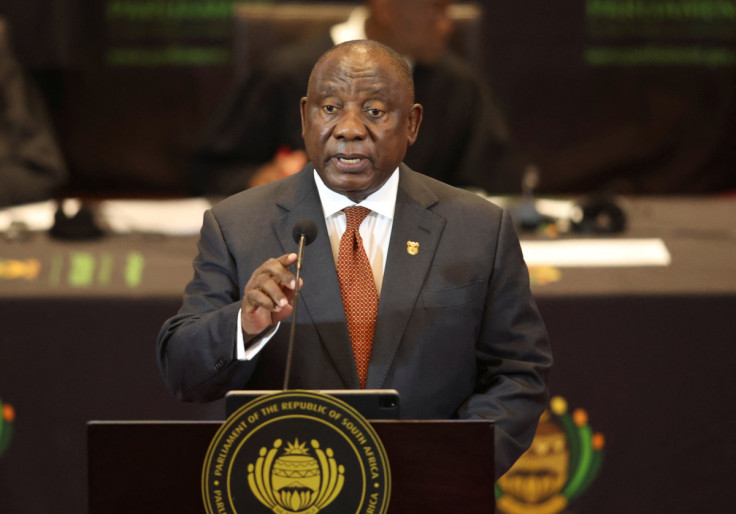President Cyril Ramaphosa Signs Employment Equity Amendment Bill Into Law
Presidential spokesperson Vincent Magwenya confirmed Wednesday that President Cyril Ramaphosa has signed the Employment Equity Amendment Bill of 2020 into law, adding it will improve South Africa's workforce by "setting equity targets for economic sectors and geographical regions, and requiring enterprises to develop transformation plans."
During a media briefing on Wednesday, Magwenya said, "Among its key provisions, the amendment bill empowers the Minister of Employment and Labour to set employment equity targets for economic sectors, as well as regions where transformation is lagging," SA News reported.
He went on to explain that the amendment bill will empower "the Minister of Employment and Labour to regulate compliance criteria to issue compliance certificates, as per Section 53 of the Employment Equity Act," Devdiscourse reported.
The amended act will also allow the minister of Employment and Labour to set targets based on regions, as South Africa was racially diverse.
This law will ensure that every employer with more than 50 employees should submit an employment equity plan for their company, revealing how they will achieve these diversity targets.
The employers are supposed to submit these annual reports to the Department of Employment and Labour. As far as remuneration is concerned, the law requires employers to pay workers equal pay for equal work.
"The bill provides clear definitions of discrimination and sets out what workers can do when facing such discrimination, including lodging grievances with the Commission for Conciliation, Mediation and Arbitration, or the Labour Courts," the spokesperson further said.
"Companies seeking to do business with the State will be required to submit a certificate from the department confirming that they are in compliance with the Employment Equity Act and its objectives and that they do not pay their employees less than the national minimum wage," he continued, SA News reported.
Magwenya concluded, "Labour inspectors will now also be compelled to inspect workplaces and issue a compliance order to ensure that employers are complying with employment equity objectives."
Aside from signing the bill to boost workplace equity, Ramaphosa is also working on bringing more investments into the country via the South Africa Investment Conference (SAIC) event. Delegates from across the globe will be participating in the event.
Ramaphosa disclosed on Tuesday the motive behind the event this year, held on Thursday, was to achieve R1.2 trillion in investment targets.
"Of the 152 investment announcements made previously, 45 projects have already been completed, while a further 57 projects are currently under construction," the Presidency said Tuesday.
The new investments will help fulfill South Africa's socio-economic development goals by reducing poverty, creating sustainable jobs and driving back inequality as new investments will contribute to "new factories, call centers, solar power plants, undersea fiber optic cables, expansion of production lines and the adoption of new technologies."
The previous SAIC event, which took place on March 24, 2022, generated R367 billion in investment commitments.

© Copyright 2026 IBTimes ZA. All rights reserved.





















